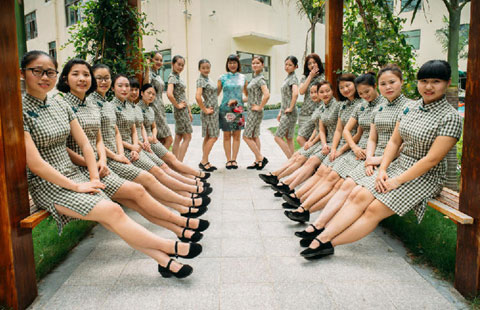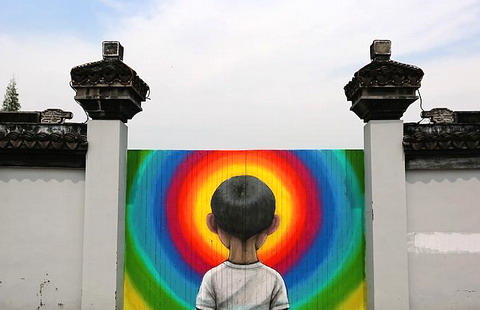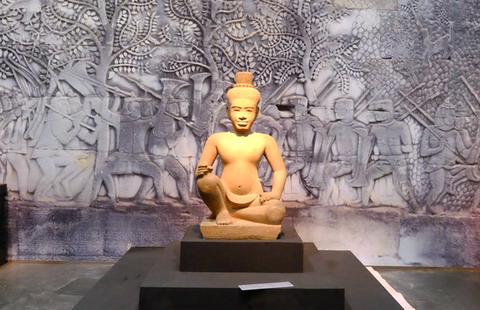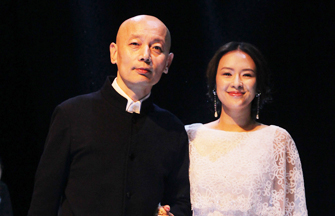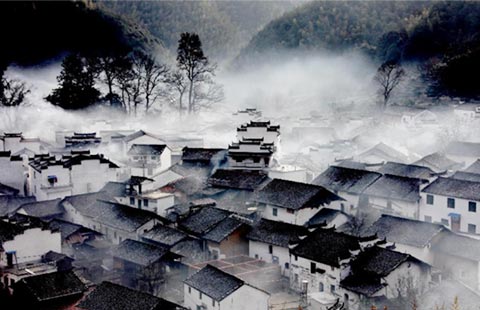The burden of wealth
By Xing Yi ( China Daily ) Updated: 2015-04-29 07:22:06
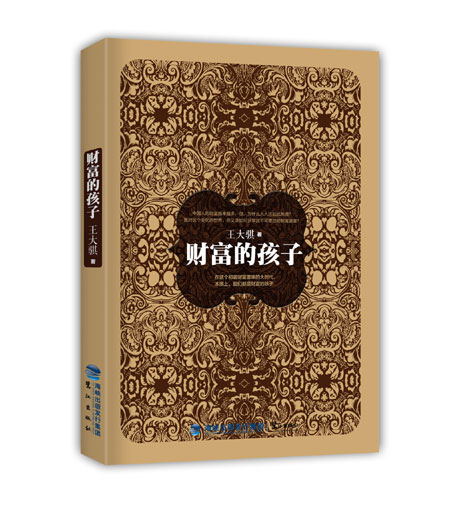 |
|
Author Wang Daqi, a fu'erdai himself, explores the real lives of six "second-generation rich" people in his nonfiction book titled Children of the Wealth. [Photo from Internet] |
It was not until 2012 that Wang had the opportunity to meet other fu'erdai, when he attended a seven-day leadership training course for Chinese private entrepreneurs in Hawaii.
"There were seven or eight young people - some came with their parents and some came alone," recalls Wang. "Because we were of a similar age, we had courses in the day and chatted at night, sharing stories of each others' lives. We talked a lot about what should we do in the future and our relationships with our parents."
At the time, Wang was working as a journalist at Southern People Weekly, a Guangzhou-based popular magazine focused on people profiles. Wang decided to write a book about China's wealthy youth in an attempt to correct "misunderstandings" about these sons and daughters of privilege.
"The first day I arrived at the office, one colleague said: 'Are you coming to play around or just experience life? Do you guys really want to work?'" recalls Wang.
But Wang continued to spend time with his six new friends whom he had met in Hawaii. Because he shares a similar background, he earned the trust of this group of fu'erdai, and was able to get rare interviews with them. When Wang started to write the book, he used pseudonyms to protect their privacy.
The six people he wrote about have one thing in common - all of them are in the transitional period of taking control of family businesses and there is a lot of tension between them and the previous generation.
In the book, Li Bin, the son of a real estate developer, is helping to manage some of his father's new projects. What he really wants to do is to enter the entertainment industry and also build a first-class motor racing track.
The daughter of a textile manufacturer, An Ran, has to maintain the image of a strong and confident boss before her mother's former employees. She took control of the company six months ago, and the divorced woman has juggled running the company with caring for her 4-year-old son.
The book also documents the story of a man who goes by the nickname "little god of gamblers". He was forced to take control of the family business when his father was killed by a robber in a house break-in.
"The people from the 1950s are about to retire," says Wang, referring to the first generation of private entrepreneurs who rose after the country's reform and opening-up in 1978.
For the first generation, passing on the family wealth is something new to them, as there is little precedent within China in living memory.
"In the coming decade, the batons of the family business are being passed to the second generation, and it will be a time full of stories," says Wang.
For the second generation, how to deal with inherited wealth is a great challenge because the children of the wealthy can also become lonely.
"When you enter their lives, you will find material opulence on the one hand and spiritual hollowness on the other," says Wang. "They lack the imagination to use wealth to do meaningful things."
Wang wants his book to help Chinese people reflect on what they would do with all the wealth. "It doesn't matter if you are rich or poor. Chinese are just like children in front of the huge fortune that has been gathered quickly in the past decades."
|
|
|
|
|
|
|
|

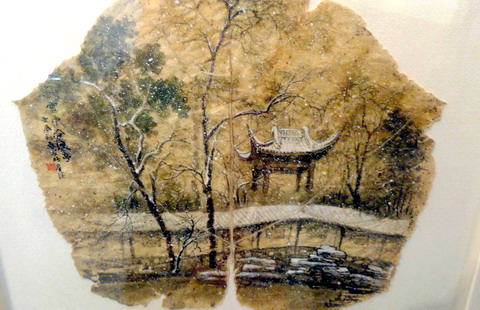

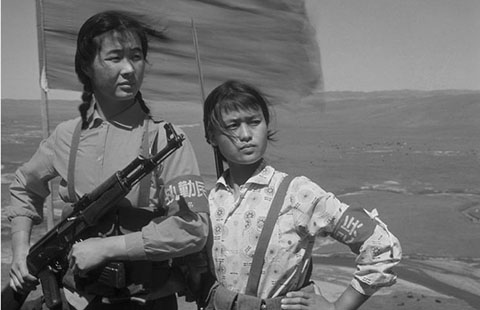


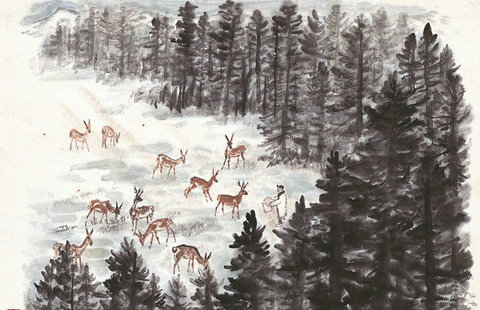
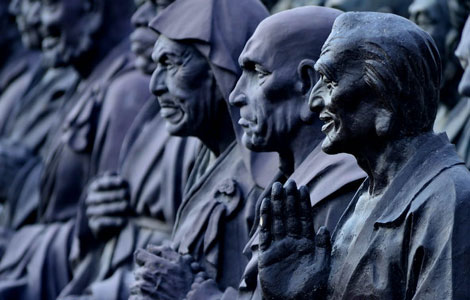














 Raymond Zhou:
Raymond Zhou: Pauline D Loh:
Pauline D Loh: Hot Pot
Hot Pot Eco China
Eco China China Dream
China Dream China Face
China Face
